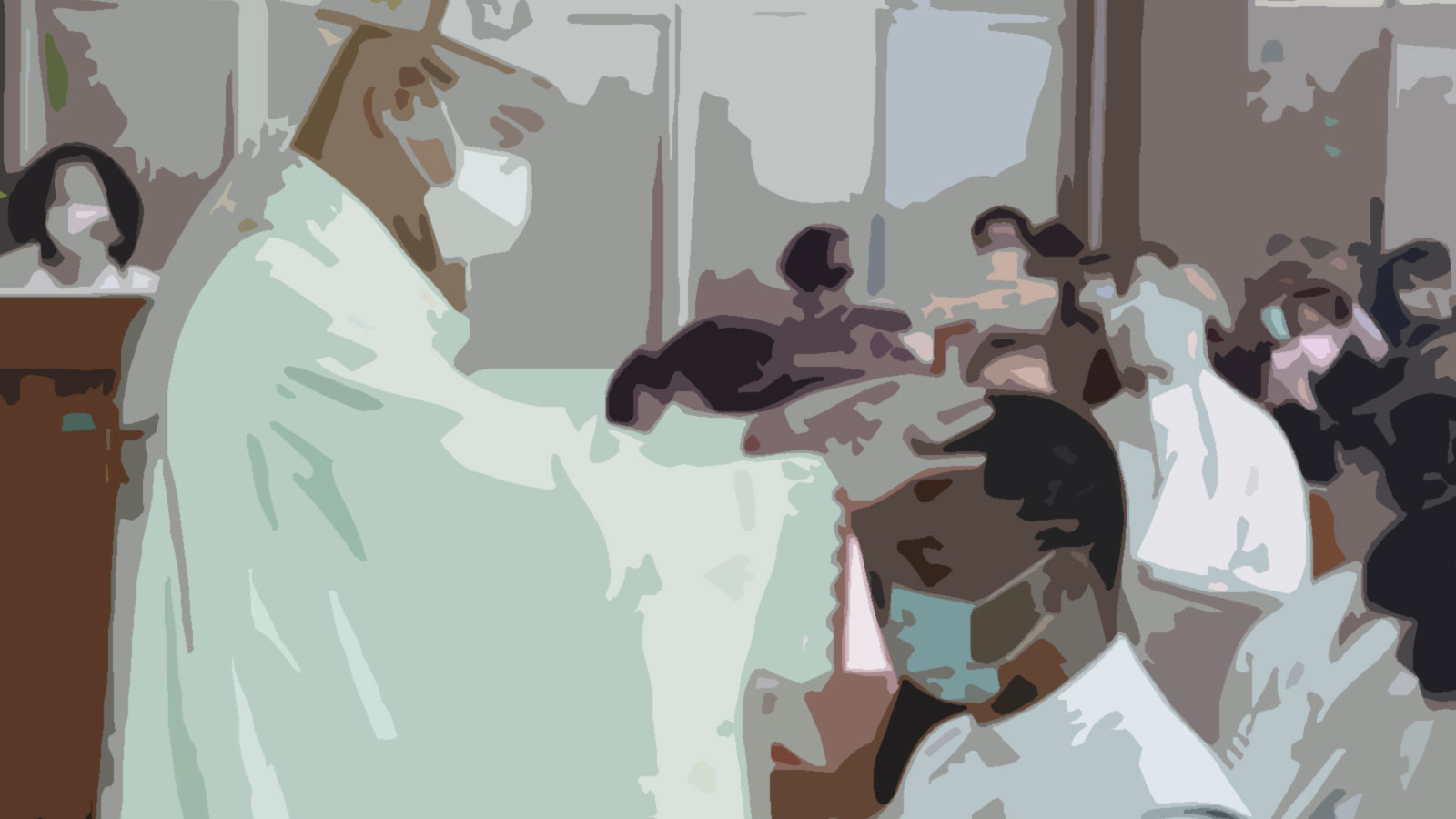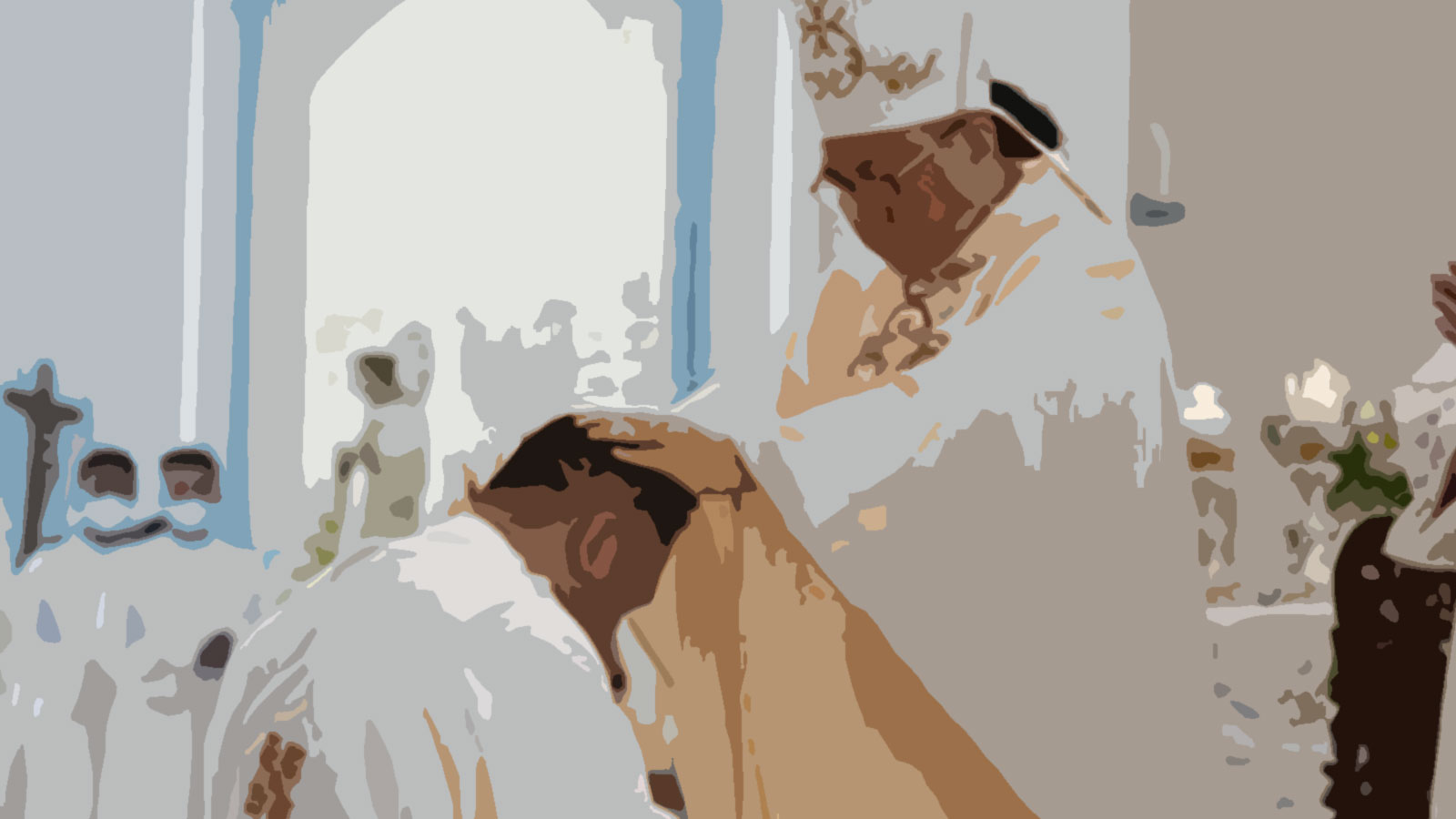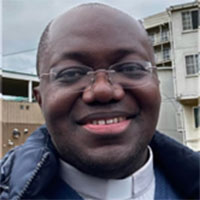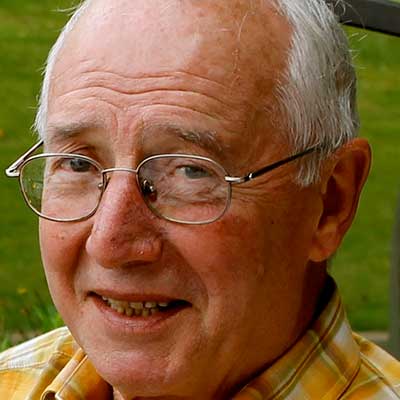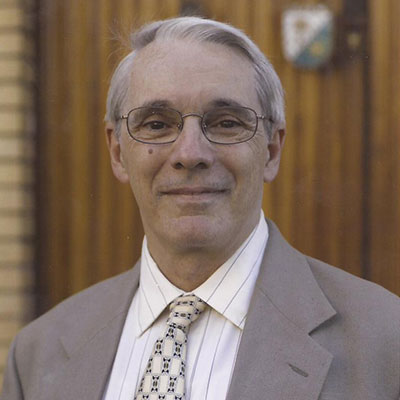 By Timothy Atkin, cicm
By Timothy Atkin, cicm
A new word: “post-truth”
Recent electoral campaigns and referendums have introduced us to a new word, “post-truth”. The Oxford Dictionary even selected post-truth as its word of the year for 2016 after the contentious “Brexit” referendum and an equally divisive U.S. presidential election caused usage of the adjective to skyrocket.
The word “post-truth” is attributed to an American Author, Ralph Keyes, who coined it for the title of his 2004 book “The Post-Truth Era”. It refers to blatant lies being routinely accepted as truth all across society. Keyes writes: “In the post-truth era, borders blur between truth and lies, honesty and dishonesty, fiction and nonfiction. Deceiving others becomes a challenge, a game, and ultimately a habit.”
In the recent campaigns, we have seen that politicians can lie without condemnation. This is different from the cliché that all politicians lie and make promises they have no intention of keeping — the cliché still expects honesty to be the default position. In the post-truth world, this expectation no longer holds.
Transparency and
accountability
What does it mean when a politician can say: “I didn’t really mean what I said, I just said that to get elected?” Does this mean that someone can say anything to get ordained or to receive a particular assignment whether it is true or not? Just think about the consequences for religious formation, or the sanctity of marriage if our freely given consent comes with the qualifier that whatever was said or promised may have been said or promised simply to get what I wanted and not any real conviction on my part. How can anyone ever know anyone or trust anyone when transparency and accountability are so totally disregarded?
Lovers of wisdom and truth
Most of us were trained as philosophers. We are ‘lovers of wisdom’ who were taught to seek the Good, the True and the Beautiful. We also studied theology and have been sent to announce a Gospel of Truth. The fact that emotions and personal beliefs are often at war with the truth is nothing new; lies and prejudices have been with us for eons. But the fact that they can be so easily expected and accepted is disturbing. How are we to live and accomplish our mission when facts and truth have less influence on people than their emotions, personal beliefs, and prejudices? By staying engaged, that is how!
Faithfulness to CICM
charism
Now, more than ever, is a time when the elements of our CICM charism like, closeness to the people, working for justice, formation of the laity and solidarity with the poor should be brought to the fore. Lies and prejudices are not fought primarily by building buildings or celebrating rituals, but by well-planned sessions of formation, thoughtful homilies, and being present in certain places and in certain situations even when our presence makes us or others feel uncomfortable.
Over the course of the last five years, I have made many canonical visits. I have visited most of the countries where we are working and visited most of the confreres where they live. I have seen many instances of confreres who are engaged in mission in ways that bring them close to people’s daily lives; engaged in ways that invite people to reflect and to follow their own minds and hearts. Some of these confreres may seem a bit strange to many of us; too fixed on one cause, too radical in their ideas, too peculiar in their lifestyle, and yet, these are the confreres who are my heroes. These are the confreres for whom I am truly happy to get up in the morning and to spend my day doing the little that I do, so that they can do the marvelous things that they do.
In the course of my visits, I have also met confreres who are extremely busy. They rush from place to place “doing my Father’s business” they tell me; visiting chapels, administering sacraments, re-organizing what has already been organized and re-deciding what has already been decided. These confreres are busy but are they engaged?
Article 10 of our Constitutions tells us that: “The Institute places itself at the service of the particular churches”. This is well and good, but it does not mean that we should become diocesan clergy or limit ourselves to the concerns of the particular churches. Article 10 goes on to say that: “We strive to respond to these needs (the needs of the particular churches) while remaining faithful to our own identity”. The General Directory, which comes after Article 10, gives us 6 articles, Articles 10.1 to 10.6, which contain some practical points which can help us to be faithful to our identity while serving the particular churches. But our chief concern must always be for the universal mission, both “within and beyond the boundaries” of the particular churches (Article 11).
Creativity and engagement
After years of visiting Provinces and confreres, I begin to ask myself: “Are our missionary engagements increasing or decreasing?” I am not talking about the number of our engagements but their quality. When I meet two confreres, each living alone because the Bishop wanted to divide the parish where they had been working together, I am sure the Bishop and the people are happy, but I ask myself: “Are these two confreres still engaged in giving a witness of teamwork and community living?”
When a confrere tells me that he has 20 Basic Christian Communities in his parish and that he celebrates mass in all of them at least twice a month, I am sure the Bishop and the people are happy, but I ask myself: “When does he have time to form all of these lay leaders or to visit the communities outside of liturgical celebrations? Does he have any idea at all of what the lay leaders are preaching and teaching when he is not there?” More masses and liturgical celebrations are not necessarily a sign of greater creativity and engagement, they can also be a sign of escaping into routine because we don’t know what else to do or are afraid to try something new.
To have an “eye for mission”
In a post-truth world, more than ever, we need to have an “eye for mission”. We need to see and go to those places “within and beyond the boundaries of the particular churches”, where the truth needs to be heard and witnessed to. In a talk given at a recent meeting of Superiors General, one of the speakers said, “The truth has of power of its own to bring hope and change”. I would add, that the only way for us to tap into that power to bring hope and change is by staying engaged.


